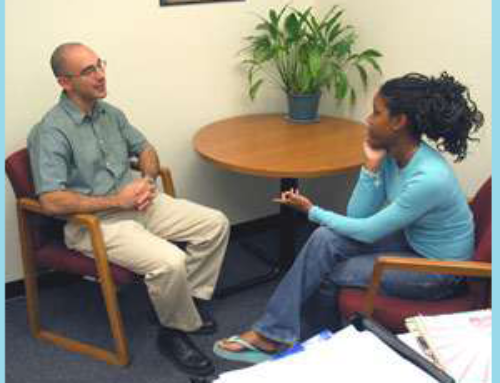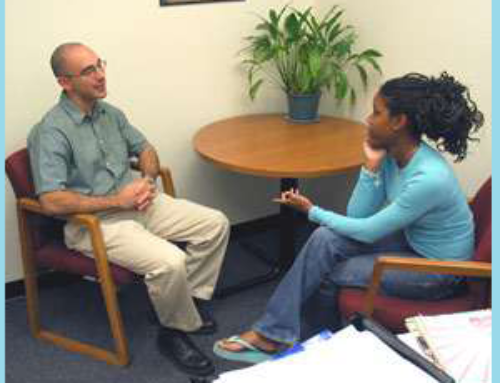Understanding Babies, Do babies have feelings?
EMOTIONS IN EARLY CHILDHOOD
Do babies have feelings? Johnson et al (1982) found that mothers of one month old infants reported their children were capable of showing at least five emotions –
- Joy
- Interest
- Surprise
- Anger
- Fear.
There is also research evidence to support this. From research conducted by Izard (1982), he found that various emotions appear in children over the first two years:
Birth
- interest
- distress
- disgust
- suggestion of a smile (happiness/contentment)
Three to four months
- Anger
Five to seven months
- Sadness
- Shame
- Shyness
- Fear
Second year of life
- Guilt
- Contempt
18 to 24 months
- Begin to vocalise their feelings
- Begin to “fake” expressions
- Become more manipulative.
The fact is, though, that we just don’t know what emotions a child feels, or how the experience of emotions is perceived by the infant. Emotional experience is very subjective, so it is very difficult to study, and we can only make assumptions from observed behaviours. Remember that until the 1980’s, it was generally assumed that infants, like animals, had undeveloped nervous systems and could not feel pain or suffering. Fortunately, most scientists no longer believe this, and no longer interpret fear or pain responses as reflex actions, but realise that they signal genuine distress, fear and suffering.
Smiling
The two most basic emotional signals evident in an infant are "smiling" and "fear". Child psychologists claim that the first instances of smiling in infants are based on biological factors: smiling is a reflex response to being satisfied. For instance, infants smile when stroked on the cheek or when in a physical state of relaxation. Only after a few weeks, the theory goes, does the infant’s smile become a social reaction. The infant’s smile then becomes a social signal, a response to other people’s smiles and playful facial expressions and gestures. After a few months, laughter occurs. At first laughter is elicited by tactile stimuli (such as rocking or bouncing on the knee), and visual stimuli (such as pulling a funny face). Later, at six months and over, infants laugh more often in response to social (interactive) games such as peek a boo.
The origins of smiling
Biological explanation – Some theorists claim that the infant is biologically programmed to smile. There is evidence to support this claim; however some researchers have found that certain environments stimulate smiling more than others. Infants from family homes smile far more than infants from institutionalised homes. The nature-nurture debate again relates here.
Perceptual recognition explanation – This explanation in simple terms, views smiling as a sign of understanding. The infant perceives stimuli and events. The gradually develop schema. When the event recurs, the infant recognises it -matches the schema; and smiles as a result. The smile is thus a sign of satisfaction obtained through recognition or understanding. Eventually when the event is no longer a novel or new experience, the infant habituates it. Instead of the smile, the infant then exhibits an expression of boredom.
RESPONDING TO BABIES
Baby Cries due to some need – Parent does not respond correctly-Parent becomes tense-Baby Cries
How to respond
- Try not to become too angry or tense
- Share responsibility for the baby with your partner, family member, friend whenever possible.
- Don’t forget this is only a temporary spell and other babies cry as well.
- Don’t think of it as a deliberate rejection of you by the baby.
Extract from the Child Psychology Course by Health Academy Australia.
Bio: Health Academy Australia is a Training organisation with over 100 courses in Health, Psychology, Nutrition, Counselling, Aged care and Dental assistance. All the course are done online so everyone can up skill themselves while working or for Stay at home mums who would like to keep themselves up to date to resume their career when they are ready all while looking after the kids. The courses are all written and designed by highly qualified academics and are accredited to maintain the quality. The courses come with full tutor support, all materials and are all inclusive. Check out all the Psychology courses at http://www.healthcourses.com.au/index.php/cPath/21





Leave A Comment